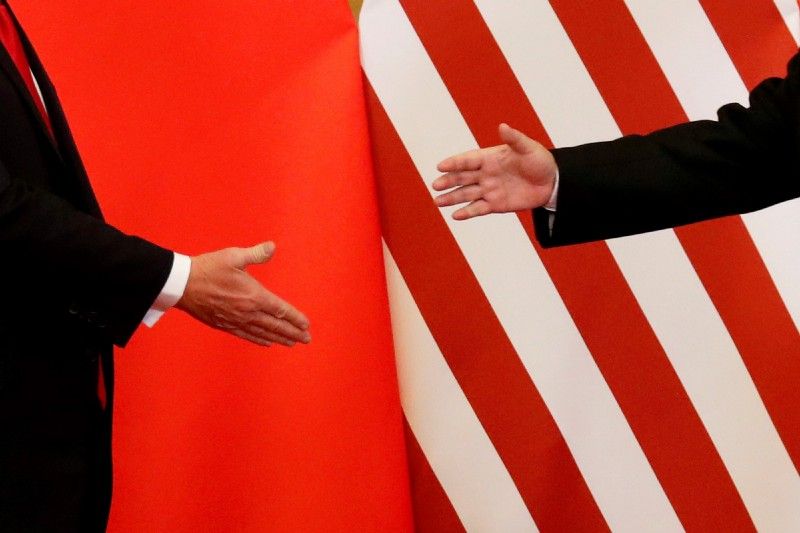Tomorrow, a seven-man strong US trade delegation will arrive in Beijing to begin discussions over the US-China trade imbalance and its concerns with China’s state-led push to dominate advanced technology. With the threat of $150 billion in US tariffs looming, the stakes for both sides are high, and no clear path exists toward a negotiated settlement. Here’s why…
From the US perspective, China has bent the global trading system to its advantage for far too long. Trade between the two countries is the most unbalanced it’s been in decades. But that’s not all.
In key industries, Chinese firms have matched or even surpassed their US competitors. The Chinese government is also dead set on dominating industries that it sees as crucial to winning the future, like advanced manufacturing and artificial intelligence. For many in the US government, China’s growing technology prowess doesn’t just undermine American industry, it’s a threat to national security.
The problem is that America’s real gripe is with China’s competing political and economic model. And for that, there’s no easy answer, as Chinese President Xi Jinping intends to double down on this vision over his next 5 years in power — reasserting Communist Party control over the economy to promote stability and growth.
So while China is prepared to grant greater access to US firms in select sectors, like autos and financial services, it has drawn a red line for the upcoming negotiations around anything that might compromise its strategic plan for manufacturing dominance, Made in China 2025. President Xi sees US trade threats as an attempt to contain his country’s economic and political rise, which they are — and he’s never been in a better position politically and economically to push back.
Both the US and Chinese leaders see trade as a question of national renewal and preeminence. It’s America First meets China, Inc., and something’s gotta give.
